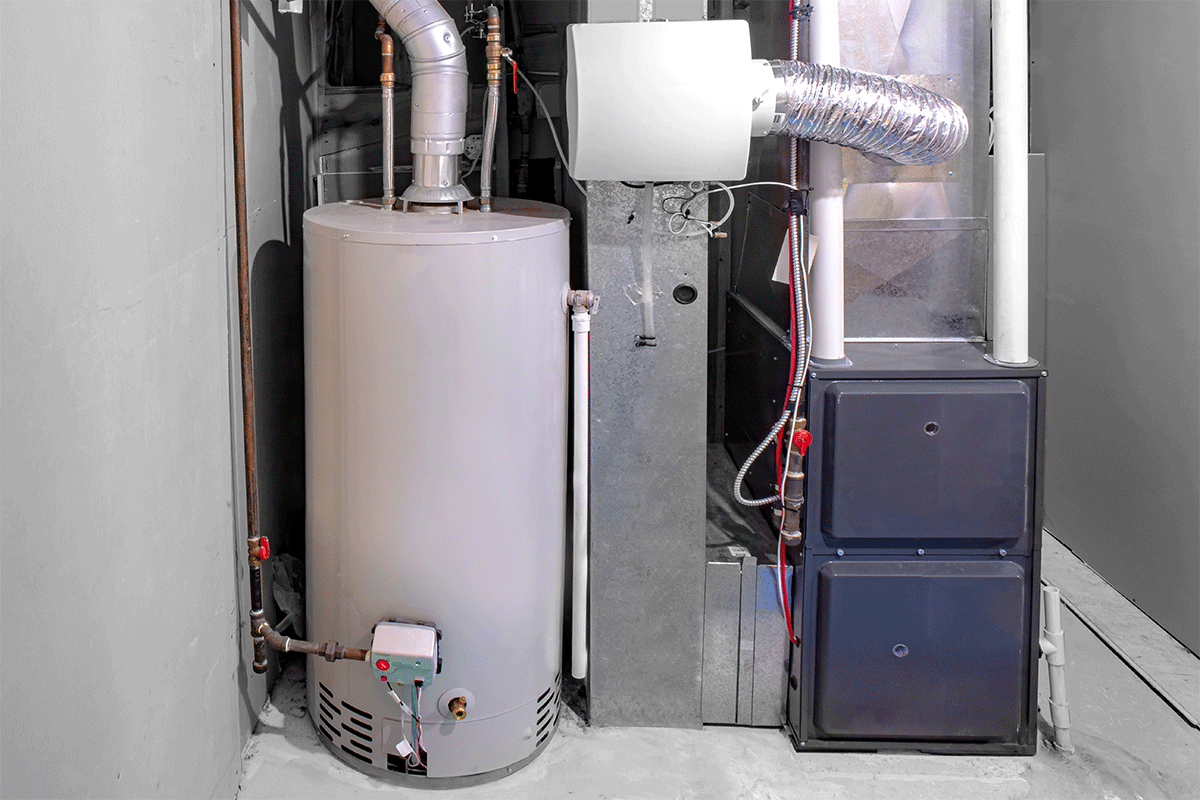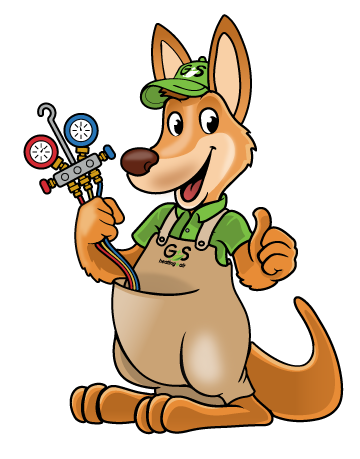
Home heating systems are critical to your home’s comfort, particularly during the colder months. And for many homes, furnaces are a popular choice, known for their efficiency and longevity. A common question homeowners ask is, "How long do furnaces last?" If you’re asking the same question, you’ve come to the right place. Here’s what you need to know.
Average Lifespan of a Furnace
The average lifespan of a furnace largely depends on the type, brand, installation quality, and maintenance frequency. Generally, a well-maintained furnace can last between 15 to 20 years. When maintained meticulously, some high-quality models can even surpass this range, serving a household reliably for up to 30 years.
Importance of Regular Furnace Inspection and Maintenance
Regular furnace inspection is vital in identifying issues that might not be immediately apparent to homeowners. These inspections, ideally conducted annually by HVAC professionals, can unearth potential problems such as minor wear and tear, which, if left unchecked, could escalate into major issues requiring expensive heating repair services.
To maintain the efficiency of the furnace and extend its lifespan, furnace inspection typically involves:
- Checking the thermostat settings
- Examining the condition of the furnace filter
- Ensuring the blower is free of debris.
- Inspecting the heat exchanger for signs of damage or corrosion.
Role of HVAC Preventative Maintenance
HVAC preventative maintenance goes hand in hand with furnace inspections. This proactive approach includes routine check-ups and minor repairs that prevent unexpected breakdowns. Preventative maintenance includes cleaning and replacing air filters, lubricating moving parts, inspecting the condensate drain, and ensuring the system's controls work correctly.
Engaging in regular HVAC preventative maintenance can significantly impact the lifespan of your furnace. It ensures that the furnace operates at peak efficiency, prolonging its life and contributing to lower energy bills and improved indoor air quality.
When Furnace Repair is Necessary
Despite the best maintenance practices, your furnace may occasionally require repairs. Common signs that indicate the need for furnace repair include unusual noises, frequent cycling, and a noticeable decrease in heating efficiency. Addressing these issues can prevent further damage and help avoid the potential need for a complete system replacement.
Professional heating repair services can diagnose and fix these problems efficiently. They can replace worn parts, address electrical issues, and ensure the furnace complies with safety regulations. Timely repairs extend the furnace's lifespan and ensure it operates safely and efficiently.
The Impact of Proper Maintenance on Furnace Lifespan
Regular inspections and preventative maintenance are pivotal in identifying and addressing minor issues before they escalate. This approach extends the life expectancy of the furnace and ensures it runs efficiently, providing consistent warmth and comfort to your home.
The level of care and maintenance your furnace receives greatly impacts its life expectancy. Regular furnace inspections and HVAC preventative maintenance are essential in maximizing the lifespan of your furnace. Timely furnace repairs, when necessary, further contribute to this longevity. By investing in regular maintenance and addressing repairs promptly, homeowners can potentially double the life expectancy of their furnaces, ensuring a warm and comfortable home for many years to come. Contact the experienced HVAC team at G+S Heating and Air to learn more and to schedule furnace inspection and maintenance.












